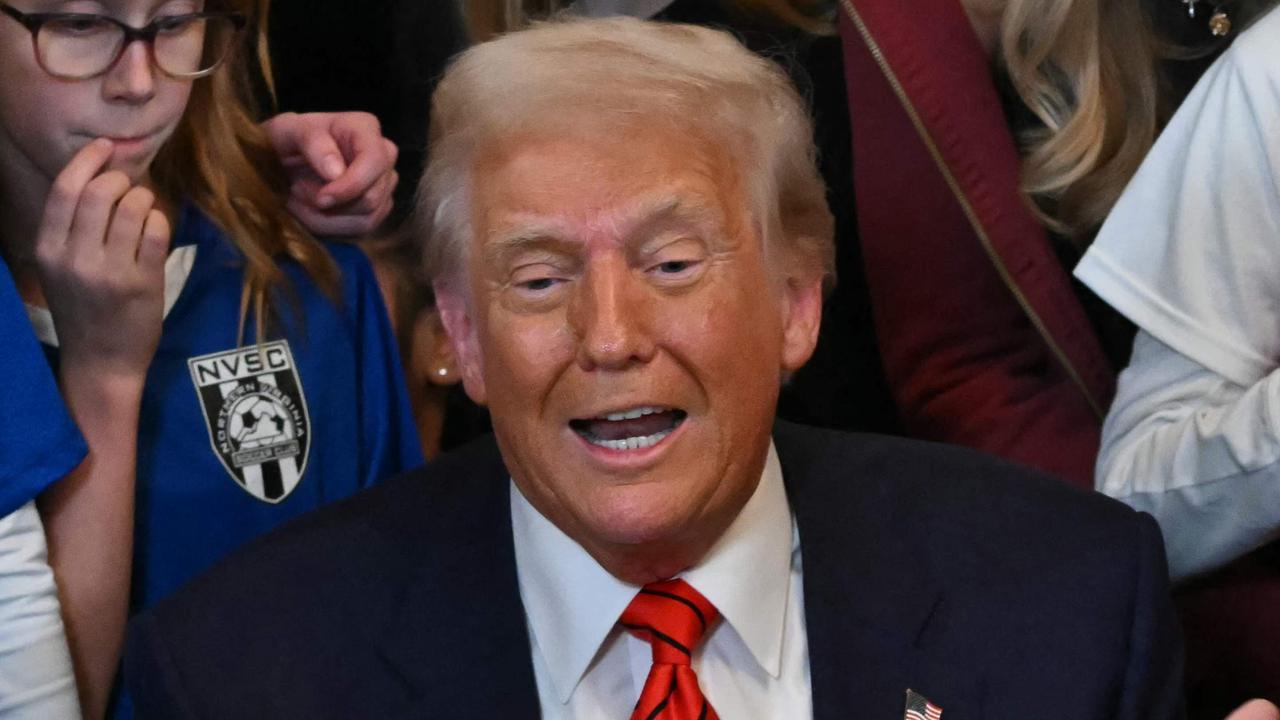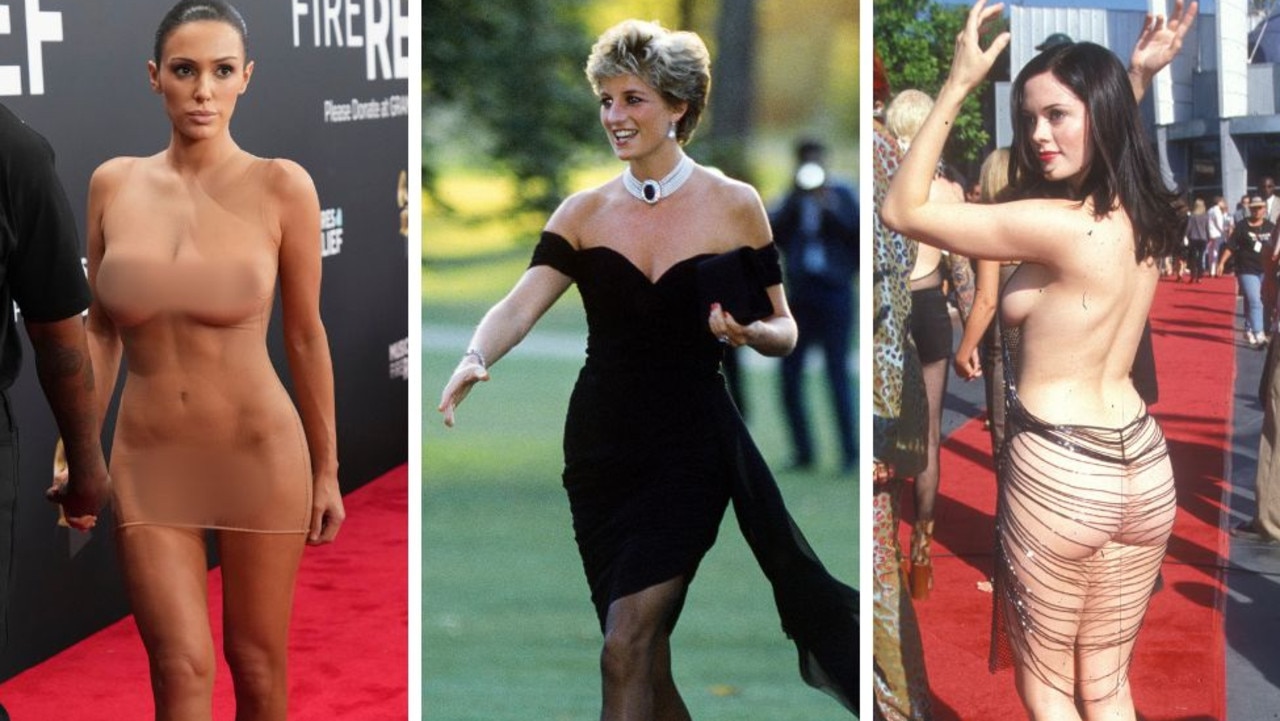Matt Smith: McGowan’s decision to avoid Canberra because of Marshall is strange to us, standard for WA
The WA Premier snubbing a Canberra visit to avoid our own might seem strange to SA, but it’s an attitude cheered by those in the ‘wild west’.
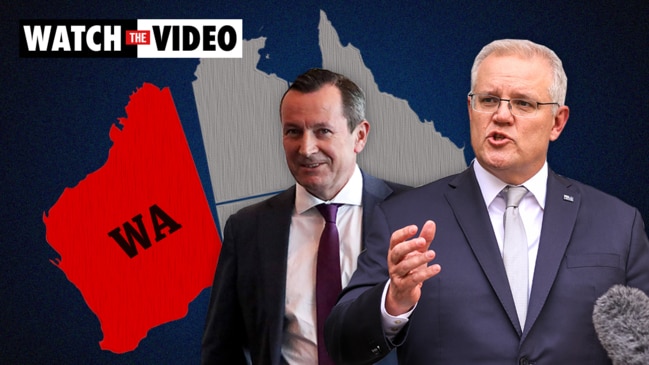
Opinion
Don't miss out on the headlines from Opinion. Followed categories will be added to My News.
There is an old political adage that goes “a day in government is better than a lifetime in opposition”.
And the role of an opposition leader in Australia has never been more difficult. Facing the catastrophic health and economic impacts of the coronavirus pandemic has changed the way many Australians are looking at their political leaders.
Regardless of the political stripes of Premier and Chief Minister, voters of that respective state or territory have never been more forgiving.
During unprecedented times it is near impossible to determine what the right answer for every challenge the coronavirus throws up is.
Mistakes are forgiven and the public moves on quickly. In 2020 that public trust has translated to political capital that incumbent leaders can only have dreamt of previously.
This helps to explain why West Australian Premier Mark McGowan could get away with his downright silly move to not attend national cabinet in Canberra yesterday.
In the name of his state’s health advice, Mr McGowan effectively ruled it out because he did not want to be in the same room as SA Premier Steven Marshall. Yes, he was being serious.
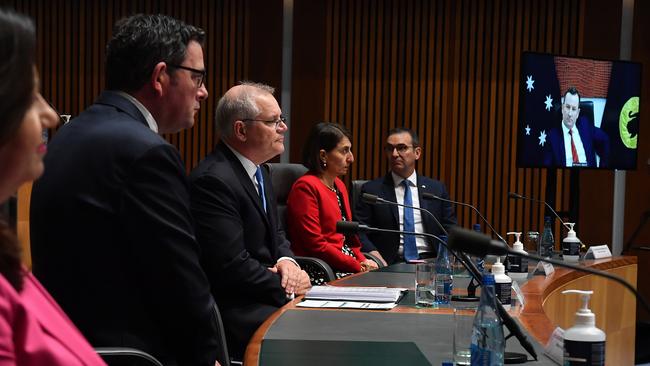
Of course it was ridiculous, but for anyone who has spent time living or working in the “wild West” the motivation, while blatantly and cynically political, is not particularly difficult to understand.
During much of 2020 Mr McGowan, who has kept his borders closed for much of the pandemic, has come under increased pressure from around the country to let other states in. But staring down the requests, including a High Court challenge from Clive Palmer, Mr McGowan has been cheered on every single step of the way by local voters. Any day a WA leader gives a middle finger to the eastern states is a good day for their fortunes. It is an attitude rooted in the fact that many West Australians believe the state can survive comfortably without the rest of the country.
Couple this with a strong safety record and Mr McGowan has been rewarded with an approval rating consistently around 90 per cent, the highest in the nation.
His popularity ended the leadership of his political rival Liza Harvey, who quit in November – less than four months from the election.
Prime Minister Scott Morrison downplayed Mr McGowan’s physical snub of national cabinet.
Discussing Mr McGowan after the meeting Mr Morrison told reporters: “We were heartbroken that Mark couldn’t join us here. Almost as much as him. It’s OK, WA gets to keep the GST. Mark and all my colleagues who have made great contributions to this group. We understand every state and territory has its rules and those rules need to be held up to and so we understand, but obviously we miss our colleague and look forward to him joining us next year.”
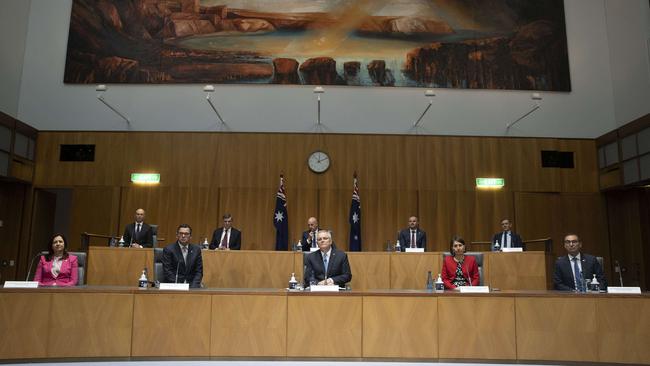
But it remains a bad call.
Mr McGowan’s snub dents confidence across the nation that Australia is on top of the health response to COVID-19. He should have attended and helped to highlight the fact that not only is SA safe, but so too is the rest of the country.
The fact that, a day after he announced the national cabinet snub, he said he would not open his state’s border to SA until Christmas Day, only added to the 48 hours of high farce.
It is clear he is desperate to wring every last drop out of the political opportunity the tough border stance has provided him.
Like the Prime Minister, Mr Marshall is publicly reluctant to be critical of Mr McGowan, although he quite rightfully points out the health advice suggests SA should be allowed back into WA sooner rather than later.
But West Australians by and large won’t care – the usual cynicism afforded to political posturing will be ignored in the name of parochialism.
It is for this very reason that life has never been tougher for Opposition leaders across the country.
Tasmania’s Rebecca White - once seen as Labor’s next Premier in the Apple Isle - looks like she will never have enough time to take the coveted position.
Victorian Opposition Leader Michael O’Brien’s very critical approach to his state’s pandemic response has backfired on him.
In Queensland David Crisafullim replaced Deb Frecklington after the party lost the November election to a previously on the nose Labor government led by tough border stance-supporting Premier Annastacia Palaszczuk
In South Australia Labor leader Peter Malinauskas has managed to strike a good balance, but has struggled for cut-through in a political landscape dominated by public safety fears – and a government that has not been perfect, but has done its job in keeping people safe.
It’s unlikely people will remember much else of their political leaders as 2020 draws to a welcome close.


